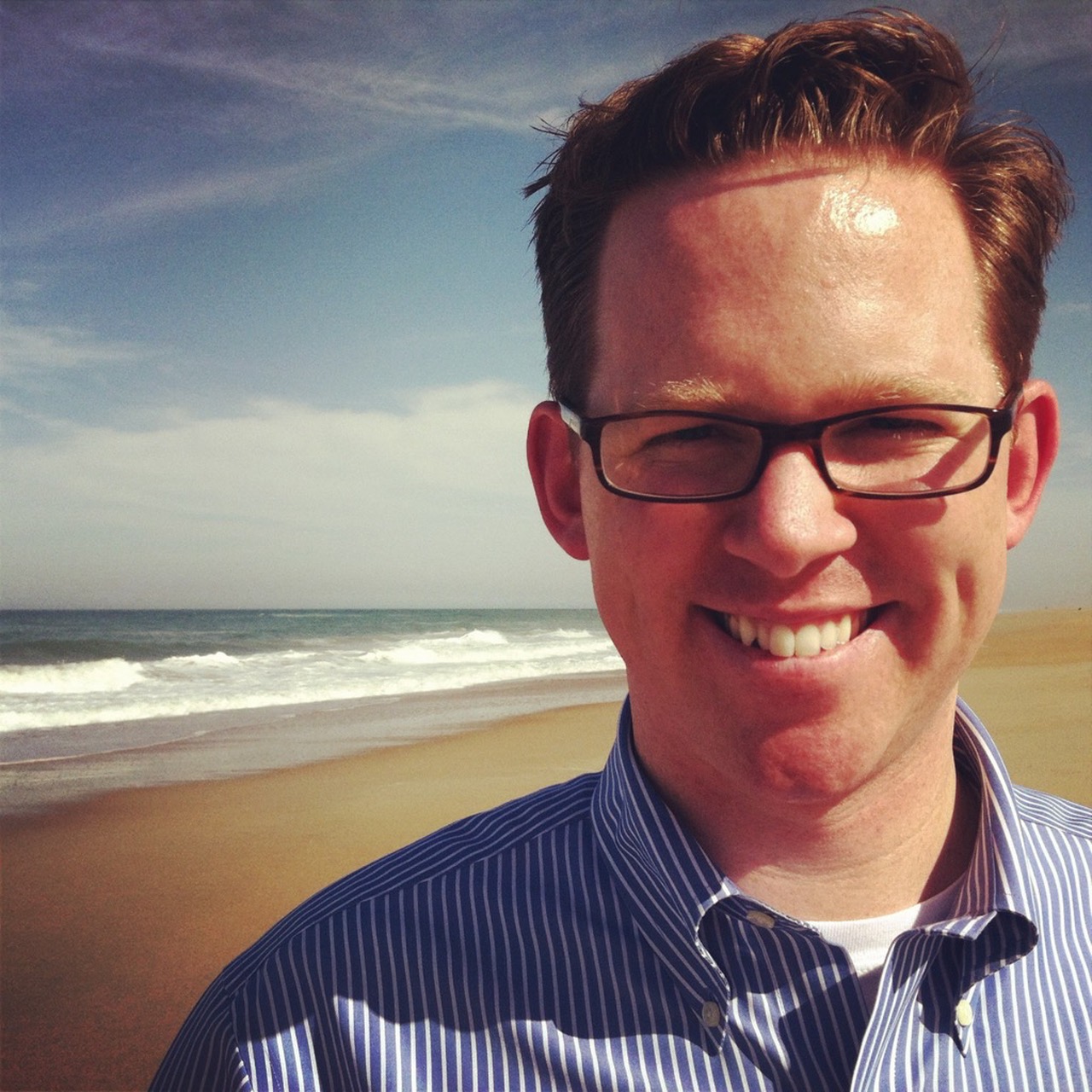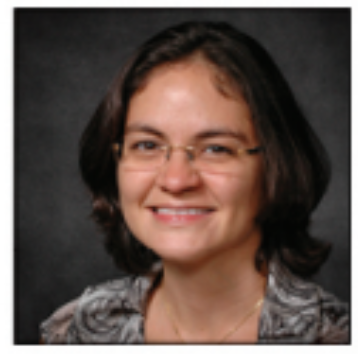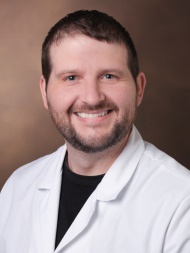Meet the PSTP Associate College Advisors
Meet the PSTP Associate College Advisors
Stahlman-Thomas (Robinson)

Vance Albaugh, M.D., Ph.D.
What residency/fellowship program and year are you in?
I am a PGY-3 in General Surgery, but I am currently finishing a three year F32 postdoctoral fellowship in metabolic surgery.
Where did you go to medical school, and what brought you to Vanderbilt?
I was an MSTP student at Penn State University in Hershey, Pennsylvania (PhD in Cellular & Molecular Physiology). I’m a nutrition and metabolism junkie…and I came to Vanderbilt because of the institution’s rich history in metabolic research and the numerous surgeon-scientist mentorship opportunities in the Department of Surgery, as well as in Biophysics & Molecular Physiology.
What are your ultimate career goals?
The triple threat…I want to be a metabolic surgeon-scientist with a research program in metabolism and intestinal physiology and an active clinical practice in metabolic surgery. I also want to teach/mentor graduate and medical students.
What unique perspective do you bring to physician-scientist training?
I think a surgeon’s perspective is unique and lends itself naturally to innovation and thinking “outside the box.” In the operating room you don’t always know what operation you’re going to need to do or what you’ll have to troubleshoot on the fly. Thinking on your feet is something that surgeons do particularly well, which helps not only in the operating room but also at the bench.
What advice do you have for current MSTPs?
Don’t try to make your clinical training path fit your current research interests. Instead focus on identifying what you’re passionate about clinically and makes you love coming to work. With the skill set of an MSTP graduate, the translational and high impact research will follow.
What is one “fun fact” about yourself?
I’m originally from Pittsburgh, Pennsylvania and a huge baseball fan – Go Buccos!
Sutherland (Batson)

Carolina Pinzon-Guzman, M.D., Ph.D.
What residency/fellowship program and year are you in?
I am a PGY4 General Surgery resident.
Where did you go to medical school, and what brought you to Vanderbilt?
I completed my MD/PhD program at Pennsylvania State University and came to Vanderbilt looking for an excellent surgery education. I chose Vanderbilt because of its strong research focus. They were very supportive of my research interests and ideas.
What are your ultimate career goals?
My goal is to become a pediatric surgeon-scientist who focuses on congenital abnormalities such as esophageal atresia with or without tracheoesophageal fistula. My goal is to treat intestinal congenital abnormalities surgically while investigating the molecular/genetic causes of these abnormalities and looking for prevention and/or better treatments for patients who struggle with breathing/absorption issues post-surgical correction.
What unique perspective do you bring to physician-scientist training?
Not many MD/PhDs become surgeons, likely due to time constraints and duration of training. However, there is a large need for research in the surgical field. In addition, being in the operating room allows for collection of samples that are otherwise very hard to collect and study.
What advice do you have for current MSTPs?
Have an open mind about all fields of medicine, even if they are portrayed as traditionally not favorable for research time.
What is one "fun fact" about yourself?
I was born in Colombia, South America, and came to the U.S. at age 17. I speak Spanish and Portuguese. I am also the proud mother of a 7-year-old girl and a 3-month-old boy.

Jeffrey Schmeckpeper, M.D., Ph.D.
What residency/fellowship program and year are you in?
I am a PGY-2 resident in Internal Medicine. I will be starting my fellowship in Cardiology in July.
How did you first become interested in research?
I worked two jobs during undergrad at Nebraska. One was milking cows at a local dairy farm, and the other was changing mouse cages for a genetics lab in the Animal Science Department. I started getting involved in the the lab work, helping the grad students with their cloning experiments. I became very proficient at troubleshooting experiments, and soon had projects of my own. When I made my first transgenic mouse, I knew science was what I wanted to do for my career.
Where did you go to medical school, and what brought you to Vanderbilt?
I took a longer path than most getting into the PSTP at Vanderbilt. I started grad school at the Mayo Clinic in Molecular Medicine and spent two years there before my adviser moved our lab to University College Cork in Ireland. I completed my PhD at UCC in Medicine. I then worked as a post-doctoral fellow in Molecular Cardiology at Duke before going to medical school at the University of North Carolina. I interviewed at many places for PSTP residency positions. A majority had either great residency training or research infrastructure; few places did both well. Vanderbilt is one of few places that has a well-structured program for both.
What are your ultimate career goals?
My goal is to have an academic position with a research lab and reasonable clinic and inpatient duties. I plan to sub-specialize in Advanced Heart Failure/Transplant.
What unique perspective do you bring to physician-scientist training?
Many physician-scientists only train at one institution and spend almost a decade in one place. I have trained at five different institutions. Networking with researchers from other institutions can be very advantageous when you or one of your colleagues wants to collaborate outside Vanderbilt.
What advice do you have for current MSTPs?
It is easy to focus your whole life on your training when you are trying to do two advanced degrees at once. Make sure you don't lose yourself in the process. You need to make time for yourself, take a trip, and see the world. The lab and hospital will always be there tomorrow.
What is one "fun fact" about yourself?
I grew up on a dairy farm in Nebraska.